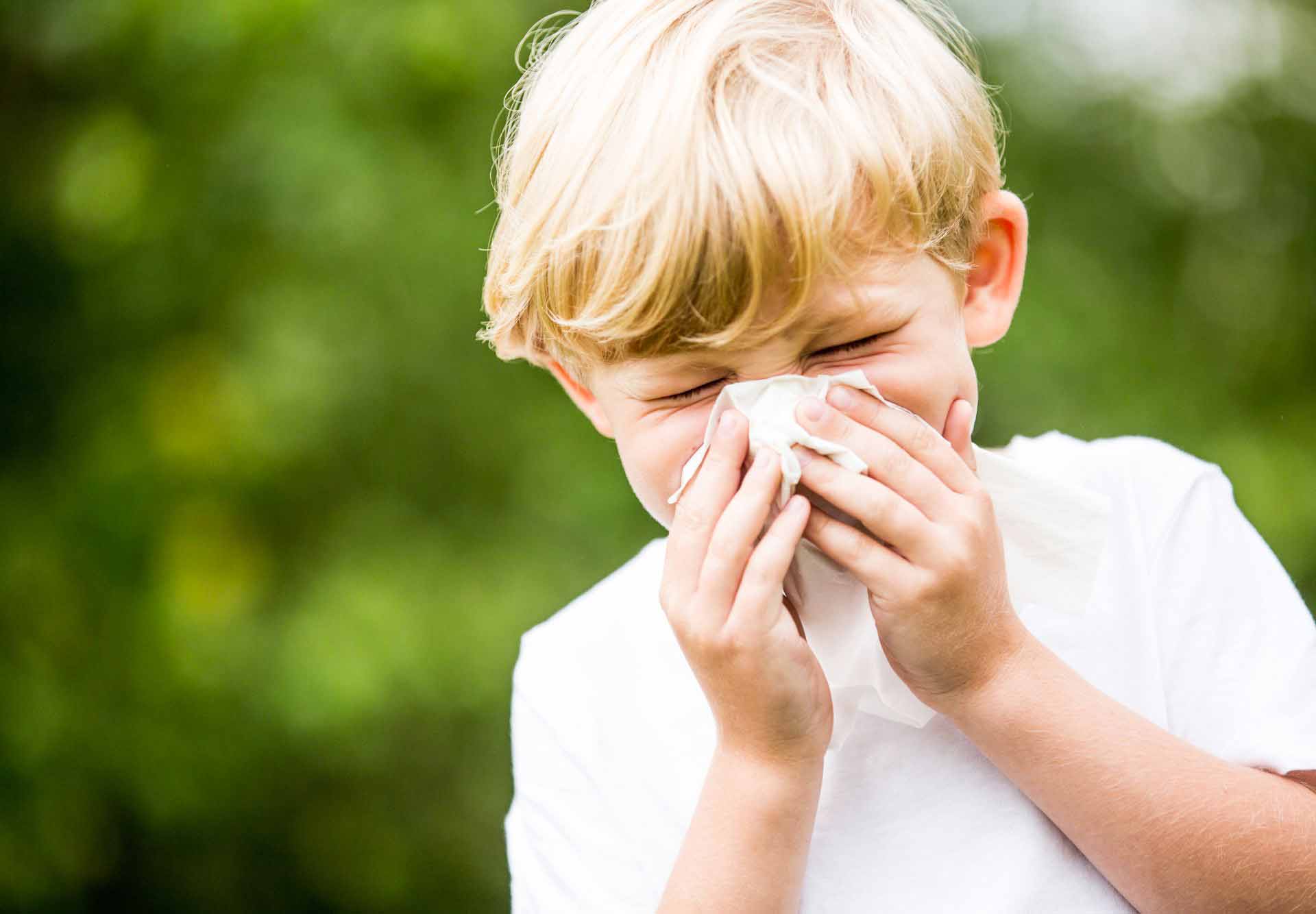Discover how to avoid getting sick with a cold, as germs thrive in confined spaces. Especially in the winter, close contact with many people makes it nearly impossible to dodge catching a cold or flu without taking proper precautions.
While there are no proven methods of cold or flu prevention, there are some things you and your family can do to reduce your chances of getting a cold or flu, according to Dr. Robert M. Blum of Southfield Pediatrics.
It is strongly advised that every child receive the flu vaccine.
Children under the age of two are at a higher risk of developing flu-related complications or, worse, death, so they must be immunized.
The flu vaccine, however, is not approved for children under the age of six months, according to the Centers for Disease Control and Prevention.
Breastfeeding infants is one method of keeping them healthy.
Breastfeeding provides the infant with immunity from the mother and reduces the frequency and severity of common viruses for the duration of breastfeeding.
He also advises parents to avoid using daycare during their child’s first winter if at all possible. Germs spread in day care as a result of uncovered coughs and touching.
Remember that cold and flu germs spread through contact, so washing your hands frequently makes a big difference.
Furthermore, “ensuring that you have an adequate level of Vitamin D,” he says, is an important part of staying healthy.
The American Academy of Pediatrics suggests that people consume 400 international units (IU) of vitamin D per day.
Get it from milk, vitamin-D-rich foods, sunlight, and supplements.
While Dr. Blum emphasizes that there are no proven ways to avoid the cold and flu, he does provide a few additional tips for reducing the likelihood of becoming ill: Maintain a healthy diet, get plenty of rest, reduce stress, and exercise.
Meaningful articles you might like: What Can I Do About My Child’s Germophobia, 5 Ways To Keep Your Family Healthy, 5 Essential and Healthy Family Lifestyle Habits

